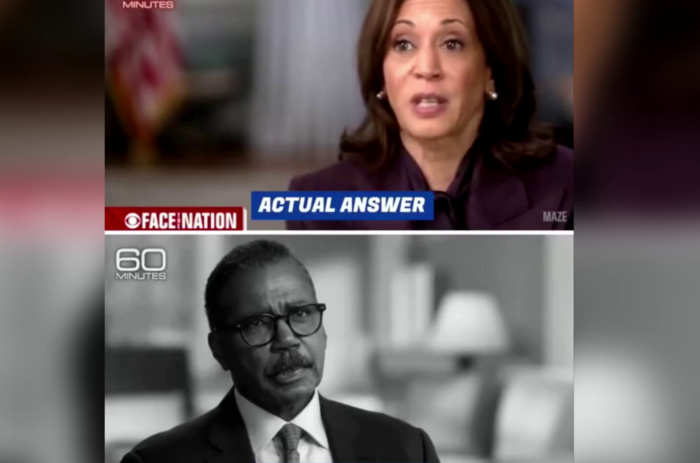redo Jump to...
print Print...
Example of Media Bias:
Prior to becoming a Supreme Court justice, President Obama nominated Elena Kagan to serve as the 45th solicitor general of the United States. She was confirmed on March 19, 2009. Over a year later, President Obama nominated her as an Associate Justice of the Supreme Court, and she assumed this role on August 7, 2010.
Federal law, 28 USC 455, says a Supreme Court justice must recuse from “any proceeding in which his impartiality might reasonably be questioned” or anytime he has “expressed an opinion concerning the merits of the particular case in controversy” while he “served in governmental employment.”
During her confirmation process in the Senate Judiciary Committee, Kagan assured the committee in written responses to its questionnaire that she would follow the “letter and spirit” of 28 U.S.C. 455.
Internal Department of Justice documents demonstrate that when Kagan was Obama’s solicitor general, charged with defending his administration’s positions in federal court disputes, she personally assigned her top deputy to handle the anticipated legal challenges to Obamacare.
Conservatives (and some liberals) have said Justice Kagan should recuse herself from the challenge to the Health Care law being argued this week in the Supreme Court.
While NBC, ABC, and CBS all reported in November on the Supreme Court’s decision to rule on the constitutionality of ObamaCare, none of the coverage made any mention of calls for Justice Kagan to recuse herself from the case due to her support for the legislation as Obama’s solicitor general.
To accurately identify different types of bias, you should be aware of the issues of the day, and the liberal and conservative perspectives on each issue.
Types of Media Bias:Questions
1. Define recuse.
2. Whether you think Justice Kagan should have recused herself or not, do you think the media should have informed the public that it was an issue? Explain your answer.
Scroll down to the bottom of the page for the answers.
Answers
1. recuse – to disqualify (oneself) as judge in a particular case; broadly : to remove (oneself) from participation to avoid a conflict of interest (from Merriam-Webster Dictionary, m-w.com)
2. Opinion question. Answers vary.



